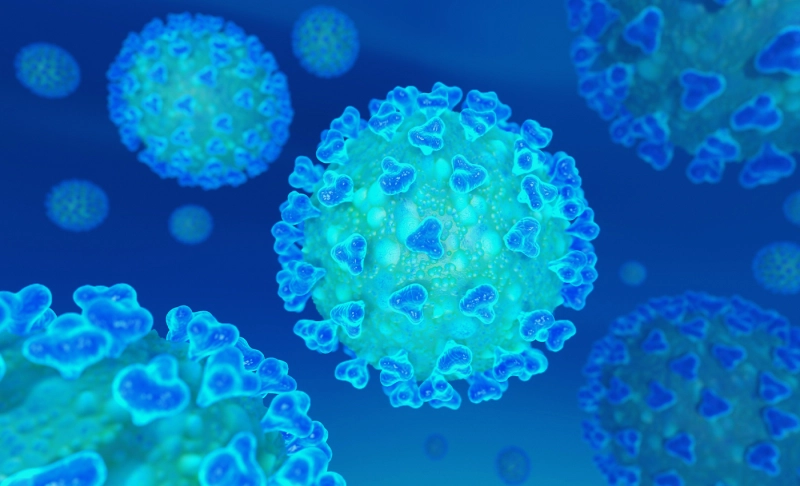By: Devika Kandelwal
September 16 2020
Misleading: Trump: Coronavirus is going to disappear. It can go away without the vaccine.

The Verdict Misleading
Experts believe that as the pandemic disappears, the virus may synchronize to a seasonal pattern with diminished severity over time due to mutations.
Experts believe that as the pandemic disappears, the virus may synchronize to a seasonal pattern with diminished severity over time due to mutations.The coronavirus that causes COVID-19 has sickened more than 16.5 million people across six continents. During the ABC Town Hall on Sept 15, 2020, U.S President Donald Trump said that "coronavirus is going to disappear. It can go away with the vaccine." However, this statement is misleading. In May 2020, the World Health Organisation's emergency director, Dr. Mike Ryan, said that coronavirus may never go away. Even if a vaccine is found, controlling the virus will require a "massive effort." Even when a vaccine arrives, it is likely to only suppress but never completely eradicate the virus, according to an article published in the Atlantic. Some experts say that the "pandemic ends at some point—because enough people have been either infected or vaccinated—but the virus continues to circulate in lower levels around the globe." Similar to what has happened with past pandemic influenza viruses and the more mild human coronaviruses that cause "colds," experts believe that as the pandemic wanes, it may synchronize to a seasonal pattern with diminished severity over time due to mutations and reinfection. Moreover, the "future" of the coronavirus will depend largely on the duration and strength of immunity against the virus, according to Yonatan Grad, an infectious disease researcher at Harvard University. According to models generated by Grad and his colleagues, if immunity against the virus lasts a few months, we could experience another SARS-CoV-2 pandemic accompanied by smaller outbreaks of the virus each year. If immunity lasts two years, infection rates for the virus could peak every other year. Grad explained, "The faster protection goes away, the more difficult for any project to try to move toward eradication." Moreover, Sars-CoV-2 has not been around long enough to know how long immunity lasts. Research at King's College London suggested levels of antibodies that kill coronavirus waned over the three-month study. But even if antibodies disappear, the cells that manufacture them, called B cells, may still be around in our bodies. B cells for Spanish Flu were found in people 90 years after that pandemic. If the same is true for Covid-19, then a second infection would be milder than the first, according to an article by the BBC. Even so, Covid-19's trajectory is difficult to predict as the virus is still being studied and one cannot predict that the virus will go away. Furthermore, World Health Organization Director-General Tedros Adhanom Ghebreyesus on August 3 cautioned that "there's no silver bullet at the moment and there might never be," about the virus, adding that countries should continue contact tracing, hand washing, and social distancing to slow the novel coronavirus' spread. The COVID-19 pandemic has given rise to a lot of potentially dangerous misinformation. For reliable advice on COVID-19 including symptoms, prevention and available treatment, please refer to the World Health Organisation or your national healthcare authority.


